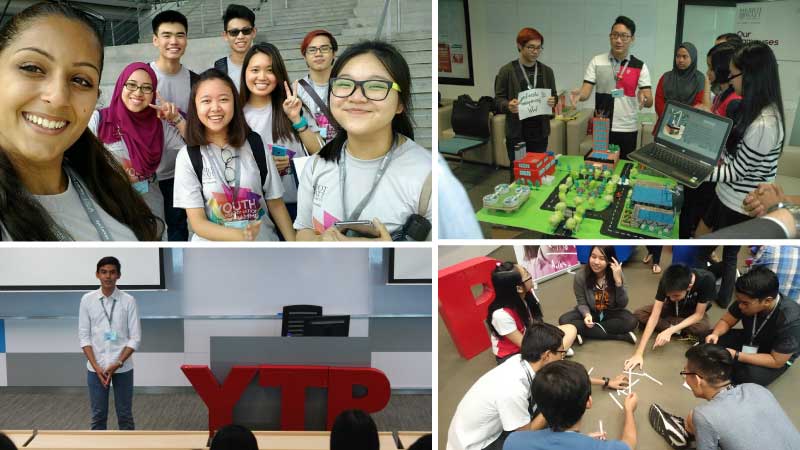Rewrite the Headlines

Ever wondered how findings go from a research lab to headline news?
When we pick up a newspaper or read news stories online, we hope that the reporting is fair and accurate. Many times it is, BUT sometimes the reporter, the press officer or even the researcher can get it wrong! With stories based on research findings there are a few potential weak points in the process where inaccuracies can sneak in. Heriot-Watt Associate Professor Alan Gow wanted to address this issue, and so along with colleagues at the Young British Academy launched 'Rewrite the Headlines'.
The initiative aimed to directly engage schoolchildren and undergraduates with critiquing research and the media through a competion, aimed to help young people better understand what research is, how it gets translated from specialised areas to popular media, and then how they might translate it back.
As part of the competition, 82 workshops were held in primary schools across Scotland, from Dumfries and Galloway and the Scottish Borders to the Highlands and Islands, engaging over 2100 pupils in primaries 5-7. Half of our workshop facilitators had not previously conducted public engagement activities with children and therefore benefitted from being able to engage in new outreach activities within the context of a well-supported initiative. In the workshops, pupils were taken through examples of media reports of research, each highlighting the need to go “beyond the headline”.
After completing workshops, schools were encouraged to find their own media report of research, unpick the story and then give the piece their own new headline.
The winning class, from St Roch's Primary School, Glasgow, turned the recent headline ‘Processed meats do cause cancer – WHO', into ‘Eating processed meat slightly increases risk of cancer'.
In the university category students were tasked with preparing a short blog exploring a recent research finding which had been discussed in the media and was open to students from across Scotland. The winning undergraduate entry was from Abbey Wrathall, from the University of Edinburgh, who explored recent media coverage about whether weekend versus weekday hospital admissions might be associated with poorer outcomes.
Dr Alan Gow, Associate Professor in Psychology in the School of Life Sciences at Heriot-Watt University, noted, “We were delighted by the high quality of the entries received and the diversity of areas covered. The winning entries all showcased the skills the students have been developing during their undergraduate training in interpreting and evaluating research studies, and ensuring that these often complex findings are effectively communicated to different audiences.”
You can see further details of the project on their website.
Alan is also co-chair of Research the Headlines, a blog from members of the RSE Young Academy of Scotland (YAS) which discusses research and the media to help the public understanding of research and the process that takes this from “lab to headline”.
From the success of the initiative, Research the Headlines was shortlisted in the 2016 UK Blog Awards and placed in the top ten company entries in the Education category.
Key information
Alan Gow
- Professor
- a.j.gow@hw.ac.uk